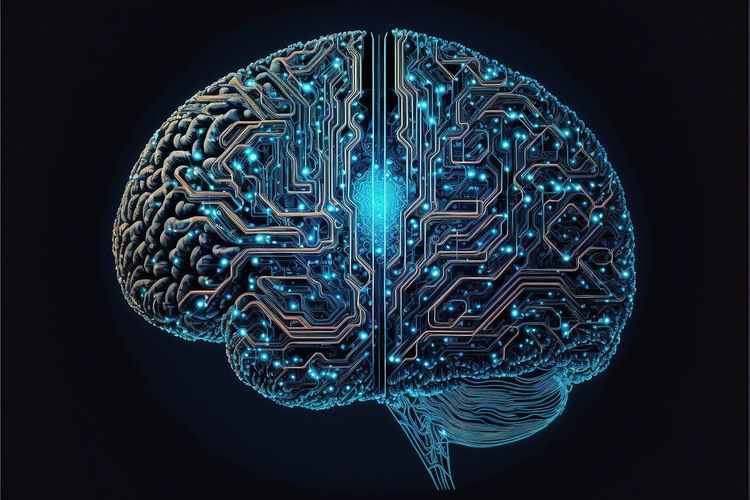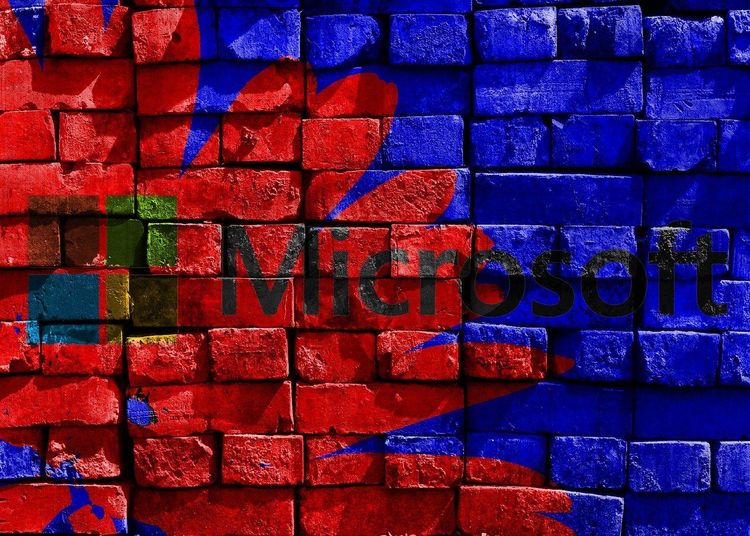The Chamber of Progress, a technology lobbying organization, has initiated the Generate and Create campaign to advocate for fair use protections in the context of generative AI training and output. This campaign aims to showcase the creative advantages of generative AI while defending the rights of companies like OpenAI to gather data from the internet for training their AI models—a practice that has recently faced criticism from copyright holders.
At present, there are no laws explicitly prohibiting internet scraping for the purpose of AI training. The fair use doctrine provides certain protections for the utilization of copyrighted materials when creating new and transformative works. However, several prominent news organizations, including the New York Times, have pursued legal action against OpenAI, claiming that its data practices infringe upon copyright regulations. The Generate and Create campaign contends that outputs generated by AI do not infringe on copyright and further argues that this technology democratizes artistic creation by lowering entry barriers for aspiring creators.
The Chamber of Progress is committed to influencing state and federal legislation regarding generative AI through public advocacy campaigns that highlight the technology's positive outcomes for society. The organization is actively searching for a director to spearhead its lobbying initiatives. “With AI, anyone can instantly create custom designs,” the group emphasizes, supporting the registration of copyright protections for AI-generated works that include meaningful human contributions while opposing the extension of copyright to abstract styles or ideas, which could impede creative innovation.
According to Adam Kovacevich, the founder and CEO of the Chamber of Progress, “Generative AI is unleashing a wave of creativity, enabling new forms of expression, and lowering barriers to participating in creative work.” He emphasizes the need for ongoing efforts in Congress, state legislatures, and courtrooms to protect access to generative AI and the significant benefits it offers to creators and consumers alike. The Generate and Create campaign seeks to be a steadfast advocate for fair use and a proponent of this transformative technology.
In addition to its public advocacy, the organization plans to file amicus briefs and engage in litigation to support pending legal cases surrounding generative AI. Interestingly, the campaign's mascot was generated using Midjourney, an AI-powered image generation tool currently implicated in a lawsuit from artists who allege copyright infringement due to its training practices.
Notable corporations such as Amazon, Google, Uber, and Meta have previously supported the efforts of the Chamber of Progress. Many of these partners are actively developing and commercializing their own AI applications and services, although they do not exert direct influence over the organization's lobbying positions.
In an evolving landscape, businesses providing AI services are increasingly pledging not to utilize user data for training their models. To mitigate risks of legal challenges, companies like OpenAI and Google are securing licenses for content, compensating various platforms—including Reddit, News Corp, and Stack Overflow—for access to extensive data troves.
This proactive approach reflects a growing awareness in the sector about the need for ethical practices in AI training and the importance of maintaining a clear boundary between innovation and intellectual property rights.







